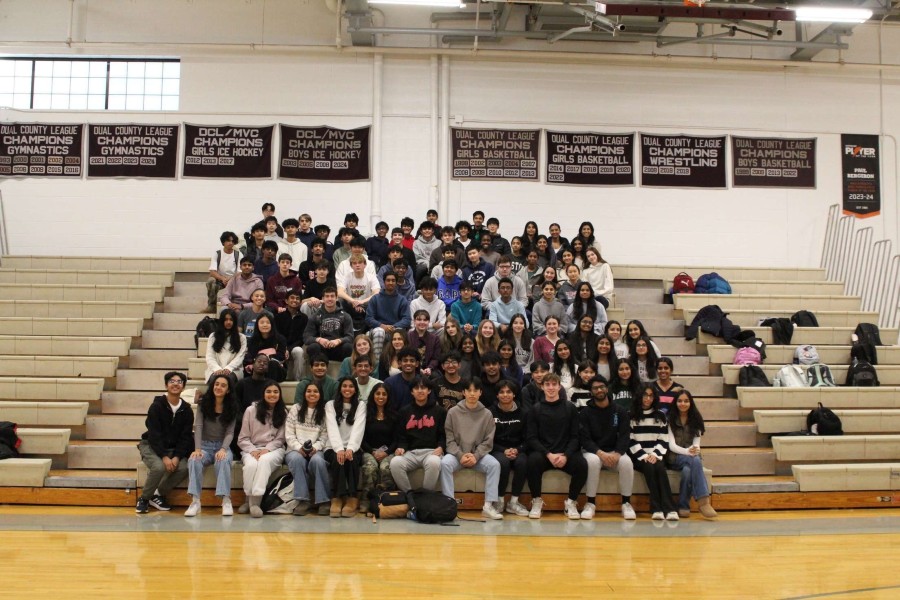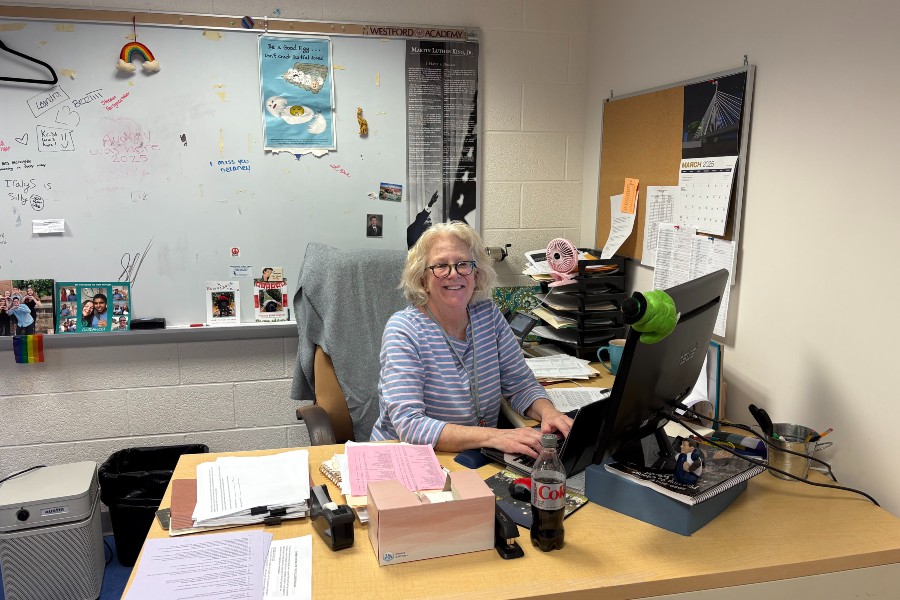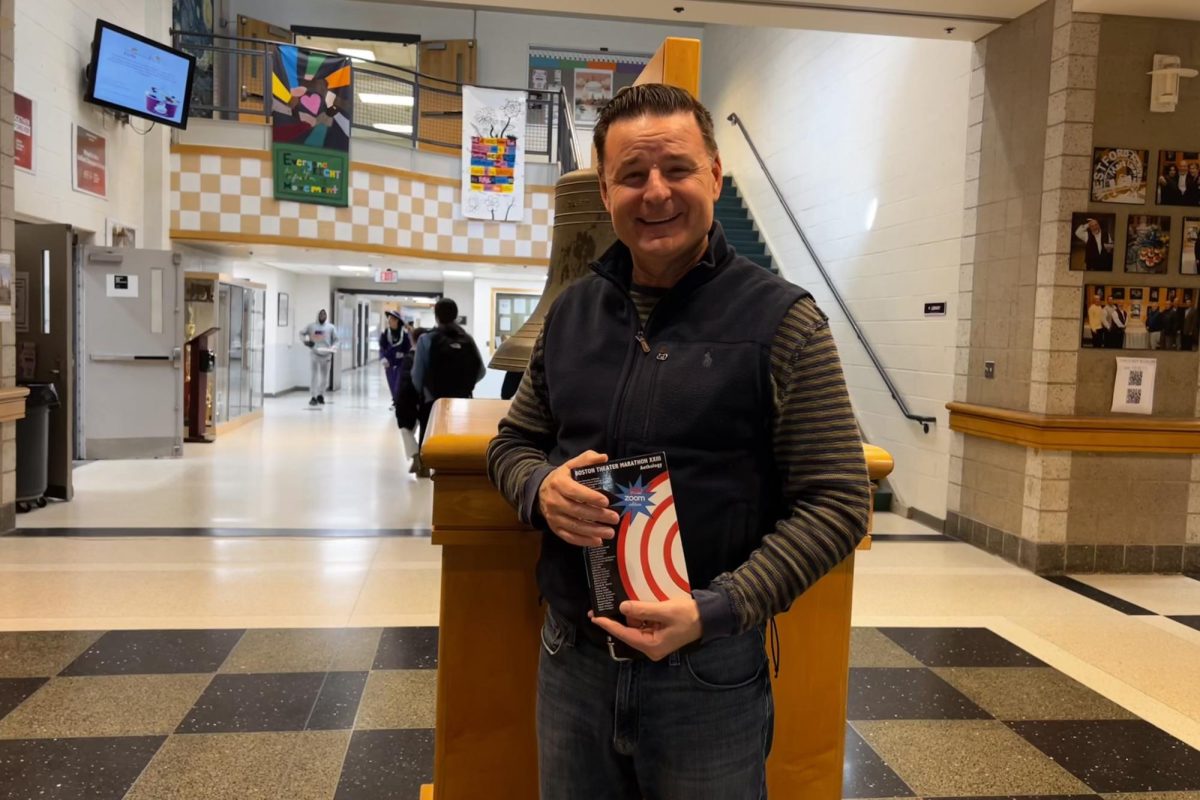As the school year nears its end, the excitement for end-of-year activities and competitions grows. One of these events is the upcoming International Career Development Conference (ICDC), the national competition for Distributive Education Clubs of America (DECA).
This year, DECA’s ICDC will be held in Orlando, Florida, from April 25 to April 30, at the Rosen Plaza Hotel. It is an incredibly successful national conference with over 20,000 attendees yearly, including advisors, judges, competitors, and alumni. The success of Westford Academy’s DECA chapter, reflects the competition’s high success, with 38 of WA’s 268 DECA members preparing to compete at ICDC.
The preparation that goes into competing at the ICDC is very personalized to each student. Most students will compete with role-plays, with some of the most popular being the principles or marketing event and the entrepreneurship event. During role-plays, students are presented with a situation relating to their category, and have to solve the situation and then present their solution to a judge. Most of the preparation is self-study with occasional support and guidance from the DECA advisors and business teachers Sarah Ricard and Kathleen Lehan. Students competing at the ICDC often go to Ricard or Lehan to practice and present their newly developed role-plays.
ICDC preparation differs from the practice DECA does for their district and state competitions. For States, meetings are held twice a week so that students can practice role-plays and prepare by using different technology programs such as DECA Plus. However, practicing for the ICDC requires more discipline and independence due to the smaller number of students competing, and the advisors’ lack of availability while they plan for the long-distance trip.
“[The students] are so driven, they’ll practice their presentations to their friends and their parents, and they’ll run through presentations to find new role-plays five or ten times before they come to practice to us,” Lehan said.
According to Lehan, although she would much rather spend her time guiding her students to success, Lehan and Ricard must spend a large portion of their time planning for the trip.
“Think about [the planning] it takes for you and your family to go on a trip, and then add 38 people to that,” Lehan said. “Unfortunately, what we want to do is work with the kids, but we are really, at this point, doing administrative stuff.”
The planning involves many different aspects such as airfare and transportation, organizing attractions and activities, and calculating the costs and budgets of the trip. Another large challenge that comes with this planning is accounting for something that DECA calls “drops.” Drops occur when a student from another school pulls out of ICDC, therefore opening up a spot for a student from WA. According to Lehan, they can get calls informing them of drops even weeks after the States competition finishes. As expected, this can confuse the already organized room arrangements. All of this occurs behind the scenes and often goes unnoticed despite being one of the most important parts of ICDC as a whole.
WA aims to bring home the DECA Glass every year, which is the highest trophy that can be received at ICDC. However, this year, Lehan has an additional goal in mind. As well as Glass, she wants to see more sportsmanship and support of everyone, which she believes the team can continue to improve on after last year’s ICDC.
DECA takes a lot of commitment and hard work from students in order to exceed the higher expectations set with each year. Last year, WA brought home two glass trophies and one medallion, and Ricard and Lehan are hoping their students’ hard work will pay off again this year.
“[Ricard] and I are just so incredibly proud of these guys,” Lehan said. “There are so many of them [that] are self-motivated and have independent initiative, and it’s really impressive. They go above and beyond in their preparation. No one’s saying they have to do [that] but they still set really high goals for themselves, and it’s very impressive to see how hard they work.”








